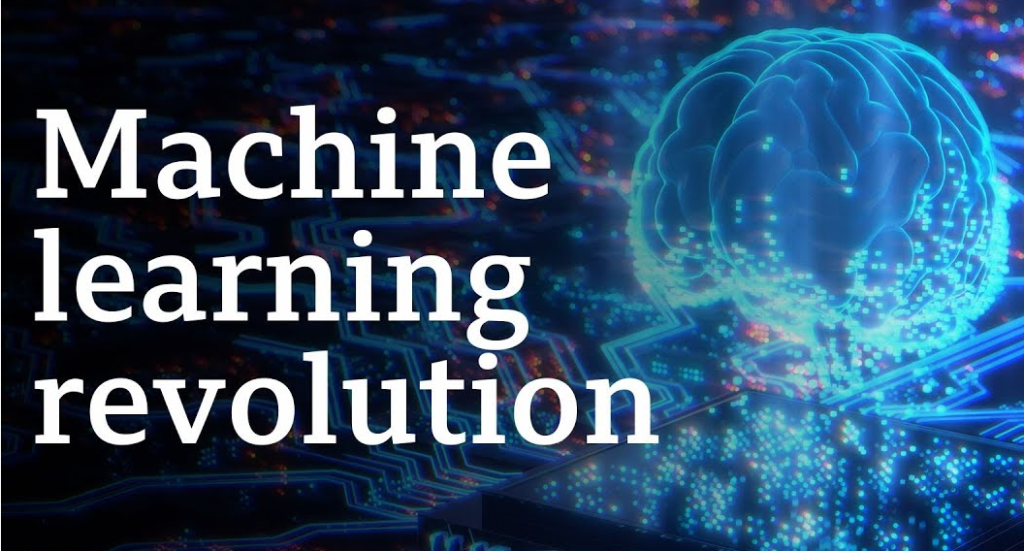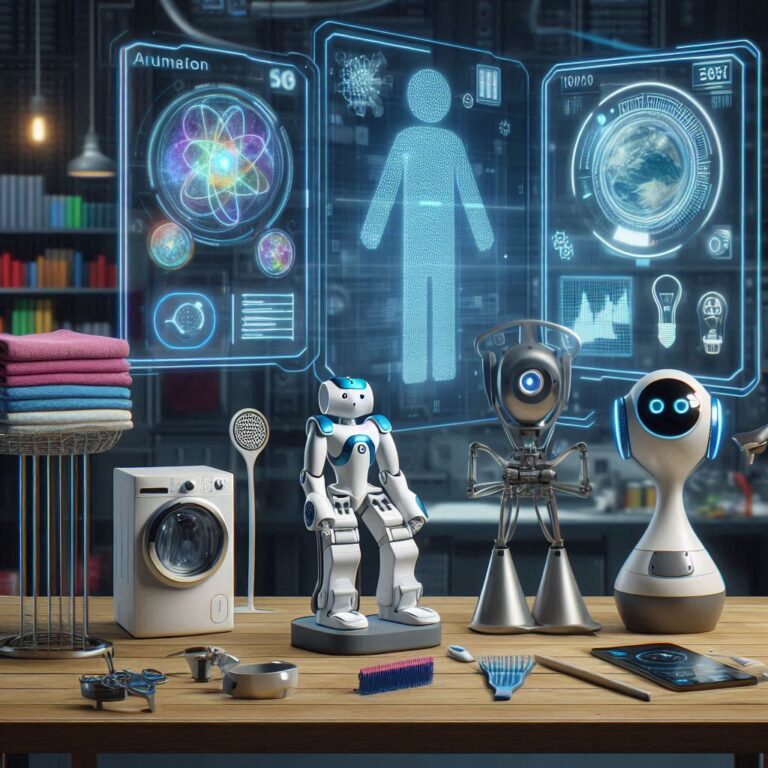
What Do Tech Pioneers Think About the AI Revolution?
The rapid rise of artificial intelligence (AI) has sparked a wave of excitement, innovation, and concern. From shaping industries to influencing everyday life, AI is transforming the world at an unprecedented pace. But what do the visionaries behind the technology—tech pioneers—think about this revolution? Let’s explore their perspectives, encompassing optimism, caution, and the ethical considerations driving their views.
1. Optimism About AI’s Potential
Many tech pioneers view AI as a groundbreaking force for good. They believe it has the potential to solve some of humanity’s most pressing challenges:
- Elon Musk (CEO of Tesla and SpaceX): Musk has been vocal about AI’s potential to revolutionize industries, particularly in autonomous vehicles and space exploration. Tesla’s AI-powered self-driving technology is a testament to his belief in AI’s transformative capabilities.
- Sundar Pichai (CEO of Alphabet/Google): Pichai describes AI as “one of the most profound technologies humanity is working on,” likening its impact to fire or electricity. He emphasizes its ability to improve healthcare, education, and sustainability.
- Satya Nadella (CEO of Microsoft): Nadella believes AI can empower individuals and businesses, enhancing productivity and driving innovation. Microsoft’s AI integrations, such as Copilot in Microsoft 365, demonstrate this vision.
2. Caution About Risks and Ethical Concerns
Despite their optimism, many pioneers stress the importance of addressing AI’s risks:
- Bill Gates (Co-founder of Microsoft): Gates supports AI development but cautions about its ethical use. He highlights the importance of regulations to ensure AI benefits society and doesn’t exacerbate inequalities.
- Tim Berners-Lee (Inventor of the World Wide Web): Berners-Lee warns against AI’s misuse, particularly in surveillance and data privacy. He advocates for transparency and accountability in AI applications.
- Sam Altman (CEO of OpenAI): As a leading figure in generative AI, Altman acknowledges the disruptive potential of tools like ChatGPT. He calls for global cooperation to manage AI risks, particularly regarding misinformation and misuse.
3. Calls for Responsible Innovation
Tech pioneers often emphasize the need for ethical AI development:
- Demis Hassabis (CEO of DeepMind): Hassabis advocates for aligning AI research with ethical principles, ensuring that it serves humanity’s best interests. His work focuses on using AI to advance science, such as protein-folding predictions in healthcare.
- Fei-Fei Li (AI Researcher and Professor): Li champions the role of human-centered AI, stressing that technology must reflect ethical values and diversity to avoid unintended harm.
4. Diverging Views on AI Regulation
Opinions vary on how AI should be governed:
- Elon Musk: Musk has consistently called for proactive regulation of AI, warning about the potential for catastrophic outcomes if unchecked.
- Mark Zuckerberg (CEO of Meta): Zuckerberg believes in responsible self-regulation by companies, paired with government oversight, to balance innovation with safety.
- Andrew Ng (AI Expert): Ng emphasizes education and awareness, arguing that fear of AI should not hinder progress but instead drive informed decision-making.
5. The Future Vision for AI
Tech pioneers agree that the AI revolution is just beginning. Many envision a future where AI seamlessly integrates into daily life, enhancing creativity, automating mundane tasks, and unlocking possibilities previously unimaginable. However, achieving this vision requires collaboration between governments, organizations, and researchers to address challenges responsibly.
Conclusion
The views of tech pioneers reflect both excitement and caution about the AI revolution. While they recognize its immense potential to transform society, they also stress the need for ethical guidelines, transparency, and global cooperation to mitigate risks.






